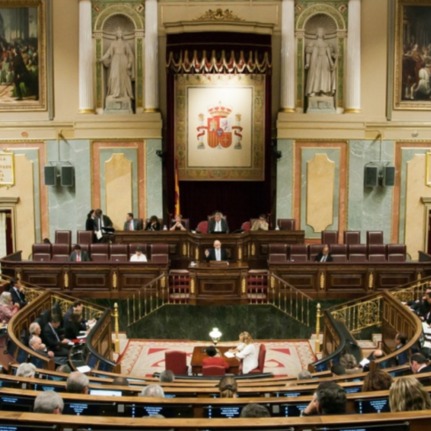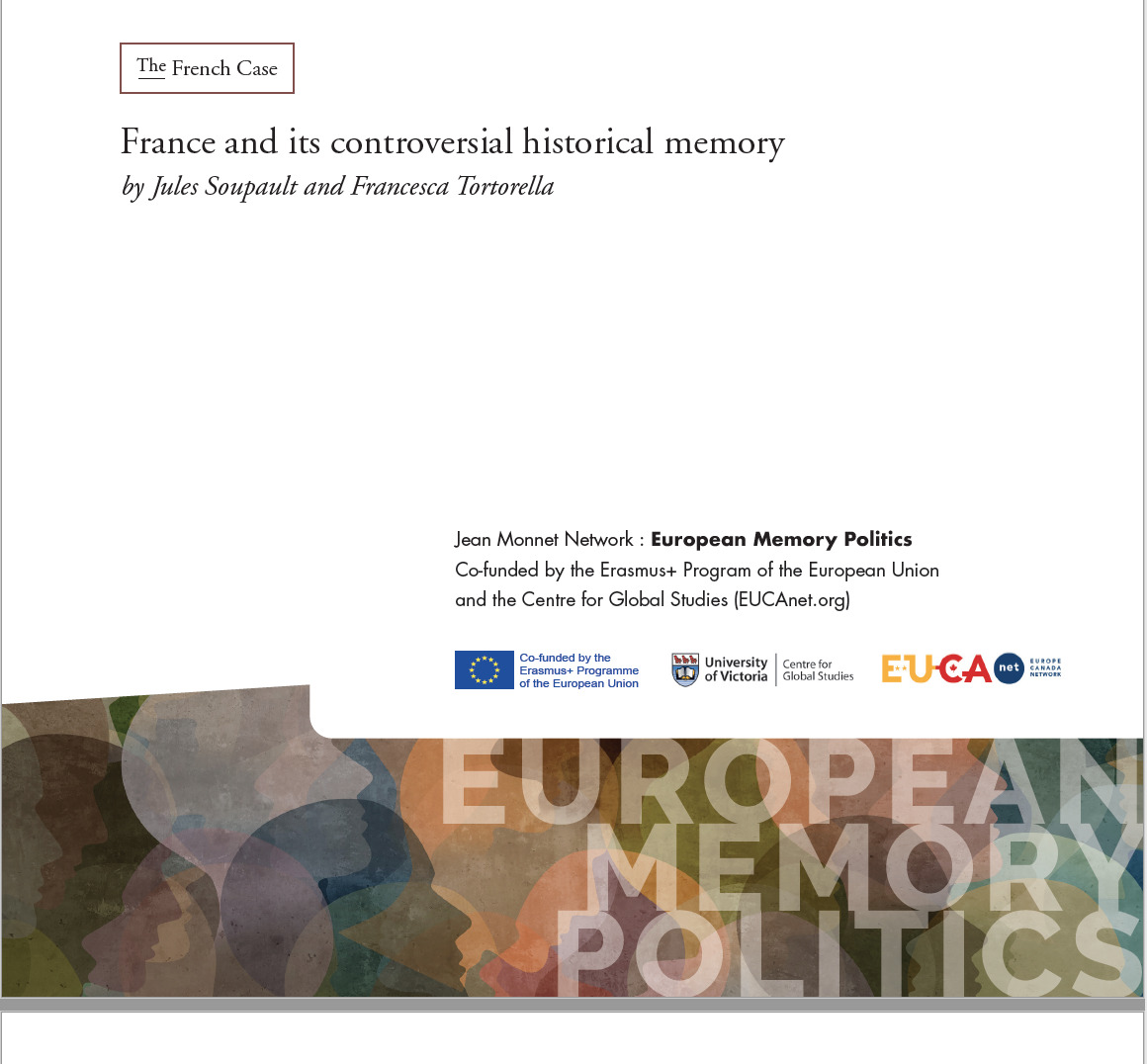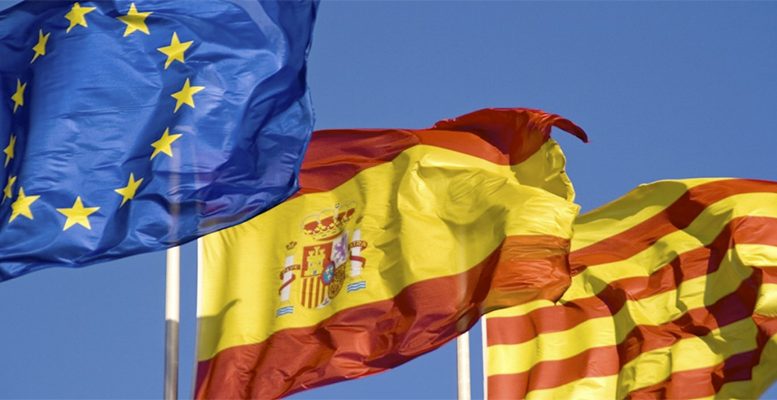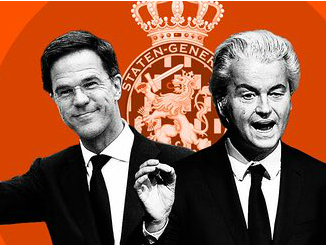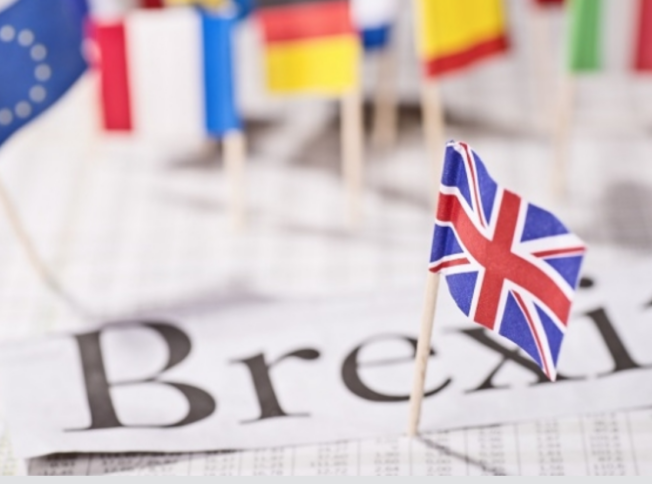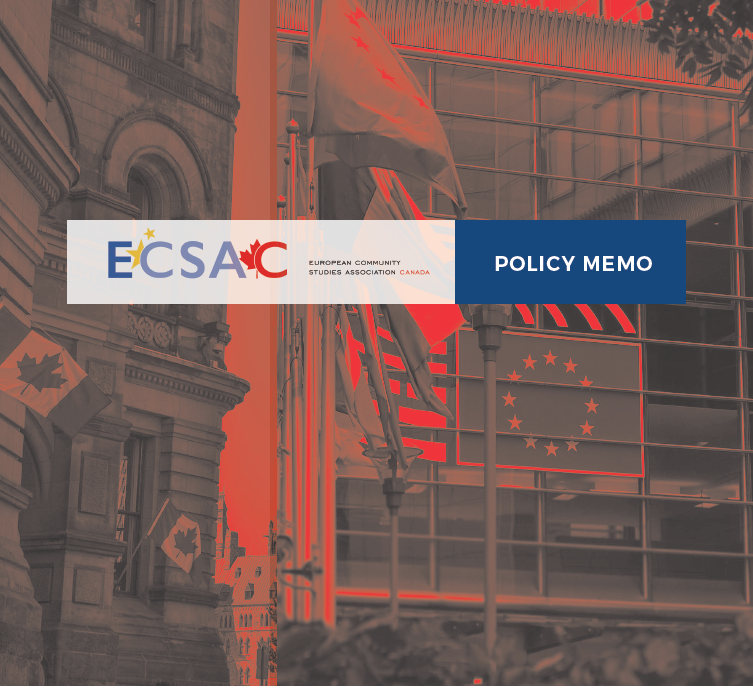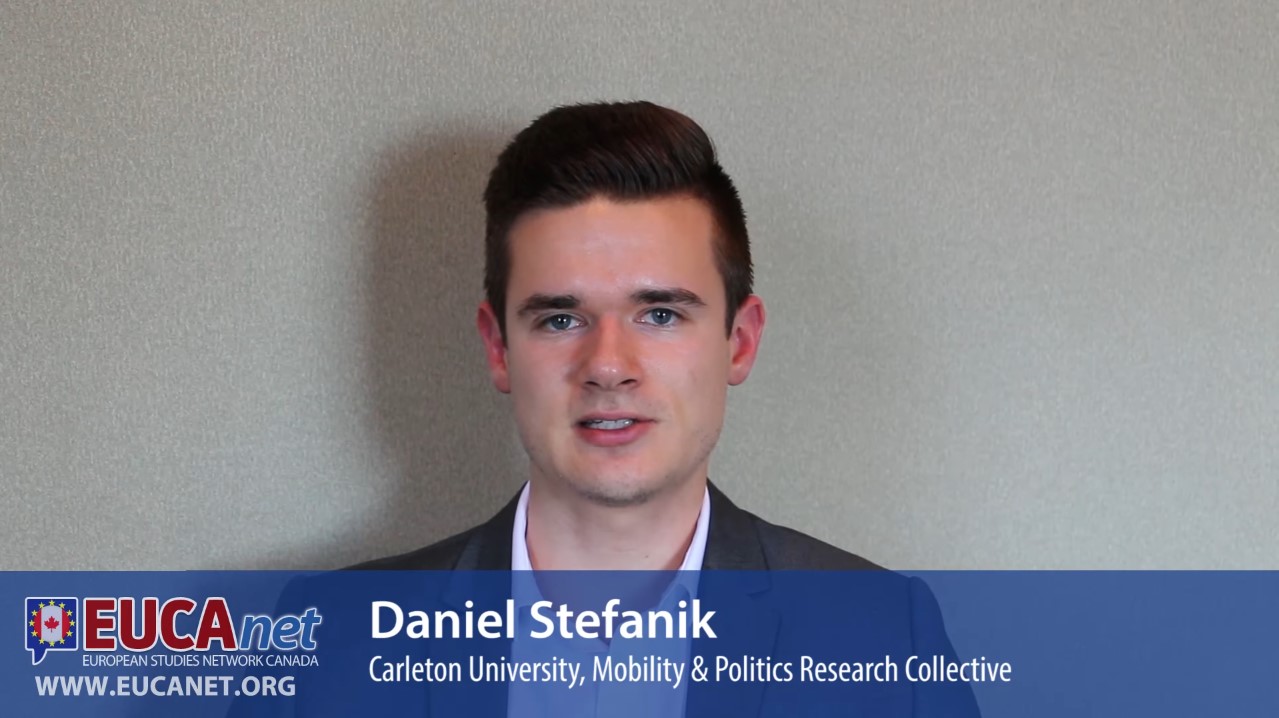New Government in Spain: What Change Can Be Expected?, by David Moffette
By David Moffette, University of Ottawa
After 7 years in power, Mariano Rajoy is no longer Spain’s prime minister. On June 1st, his minority People’s Party (PP) government lost a confidence vote, a first in the history of democratic Spain. His rival, the Socialist Pedro Sánchez, automatically became the new prime minister. The support of the Socialist Party’s (PSOE) “censorship” motion by the PNV (the Basque Nationalist Party that had supported the PP government’s budget in exchange for major investments to the region), and of Unidos Podemos (a leftist organization that had refused to side with Sánchez to allow him to form government after the last elections) was key in ousting Rajoy. And while the Catalan parties may consider a PSOE-led minority government a lesser evil, Sanchez’s official position on the Catalan question doesn’t differ much from Rajoy’s and his relationship with these parties isn’t great. Yet, with only 84 seats in Parliament, the Socialists will need allies to stay in power. Internal tensions may also pose problems. After failing twice to build a coalition to form government (after the 2015 elections and the ones that took place 6 months later due to the political dead-end), Sánchez was temporarily forced out of his position as leader of the Socialist Party for several months. In 2016, in an act of protest against his own party’s decision to abstain and let Rajoy be elected prime minister by MPs, Sánchez resigned as MP… and will therefore not even be able to vote in favour of his own motions as prime minister! With a PP-led senate decided to give the new government trouble, it is unclear how long it will last.
That being said, the corruption scandal that brought down the PP government – nicknamed Gürtel after the name of the police investigation – might have political consequences beyond the next elections, to be held in 2020 at the latest. This level of corruption by high-level party members, and the fact that the party as an institution has received illegal funds in a hidden account since at least 1989 is indeed shocking. But for those of us critical of the PP’s government and committed to social justice, it is somewhat disappointing to see it fall for this scandal, not as a direct result of one of its controversial policies. Will we see any change with the new government? These are three files where I wish to see change and that I will be following:
Ley Mordaza and criminalization
One of the most criticized legal reforms of Rajoy’s government was the Ley Mordaza, a bill reforming the Law on Public Safety and adopted in 2015. The law criminalized dissent (protesting in front of government buildings and some monuments, posting photos of police officers, preventing the eviction of tenants or former owners for defaulting, refusing to identify oneself and resisting authority, etc.). It also legitimized the practice of “hot returns” by which migrants and potential asylum seekers are pushed back at the border fence separating Ceuta and Melilla from Morocco.[1] This law was introduced as part of a broader transformation of the justice system that also included a reform of the Criminal Code. This reform legislated the possibility for a judge of imposing a life sentence, and increased the penality for selling counterfeit goods, thus threatening immigrant street vendors who sell cheap copies of Gucci Bags with prison time. Unidos Podemos, the PSOE and the PNV have been working together to reform or revoke the Ley Mordaza and opposed much of the changes to the Criminal Code. We can thus expect reforms on this front if they can secure a majority of votes. At the same time, the practice of pushing groups of migrants back at the border, in total disregard for the interdiction of refoulement under international refugee law, dates back from 2005 when the Socialist government responded to an increase in border crossings. I am less hopeful to see change at this level.
The procés and relations with Catalonia
The second big controversial policy of the PP government has been its hardline approach towards Catalan independentists, and Catalonia in general. While recognizing that the independentist procés has been fraught with irregularities and is politically problematic on so many levels, many analysts have found Rajoy’s approach to be shocking. To be sure, the refusal to renegotiate the 2006 Statute of Autonomy, the reliance on courts to limit the right to self-determination, the sending of Civil Guards and National Police officers to seize ballot boxes and arrest voters, the reliance on s. 155 of the Constitution to control Catalan institutions, and the political and legal fight against independentist leaders has been seen as excessive by many Catalans. During the crisis, the PSOE and PP have been allies and their position on the procés and s. 150 does not differ much. Section 155 stopped applying automatically with the constitution of Torra’s new regional government, but the Socialists have also said that Madrid’s control of Catalan finances will continue until they are satisfied with how Torra behaves. At the same time, Sánchez has been less arrogant and dogmatic about this issue than Rajoy and has supported a constitutional reform to accommodate national minorities. This suggests that although Sánchez is not in a position to go ahead with a constitutional reform, at least the tone may improve.
Women’s Rights
Finally, the feminist strike against gender-based violence and for equality, supported by some 5 to 6 million people last march, put in the spotlight the various parties’ positions on women’s rights. During the elections that first brought him to power in 2011, Rajoy promised to restrict access to abortion. Once elected, the PP fought to pass a bill cancelling 30 years of gains for women’s reproductive rights. The popular opposition was fierce and the thorough reform was abandoned in 2014, the government only succeeding in pushing the legal age to access abortion without parental authorization from 16 to 18 years old. In the last months before being ousted, Rajoy’s PP once more fought the feminists, publicly opposing the March 8th strike. Given that the Abortion law it tried to repeal was enacted by the Socialists in 2010, the new government will likely be more supportive of women’s rights but no radical change is to be expected.
Conclusion
Spain now has a new prime minister, but in fact not much has changed in Parliament since the 2016 elections. The PSOE has only 84 seats, many less than the 135 held by the PP, and all alliances with other parties are temporary. Real change on these three issues may not come anytime soon.
[1] In fact, thanks to pressures from the UNHCR, the law states that international obligations must be respected and that individuals must be able to claim asylum if they wish to do so, but the primary objective was to legalize hot returns, and international refugee law is still not respected in practice.
About the author: David Moffette is a sociologist who studies various questions related to the intersections between criminal law and immigration law, the securitization of immigration, borders and bordering practices, policing, state multiculturalism, and race and racism. His recent book Governing Irregular Migration: Bordering Culture, Labour and Security in Spain (UBC Press, 2018) looks at the logics and practices that have informed immigration and border policies in this southern European country since the 1980s. He is the principal investigator for a new community-engaged research titled “Experiences of Encounters with the Police in Ottawa.” The research team, composed of Chris Bruckert, Sadia Jama, David Moffette and Lindsay Snow, is documenting the experiences of encounters with the police in various disproportionately policed communities in Ottawa. The research is funded by a SSHRC Insight Development Grant. His other research, titled “Municipal Immigration Control? Overlapping Jurisdictions, National Projects and Borderwork in Montreal and Barcelona,” studies how institutional actors whose work is not primary concerned with immigration regulation can use municipal bylaws to govern immigration, and thus intervene in the city but on a space imagined as national.
